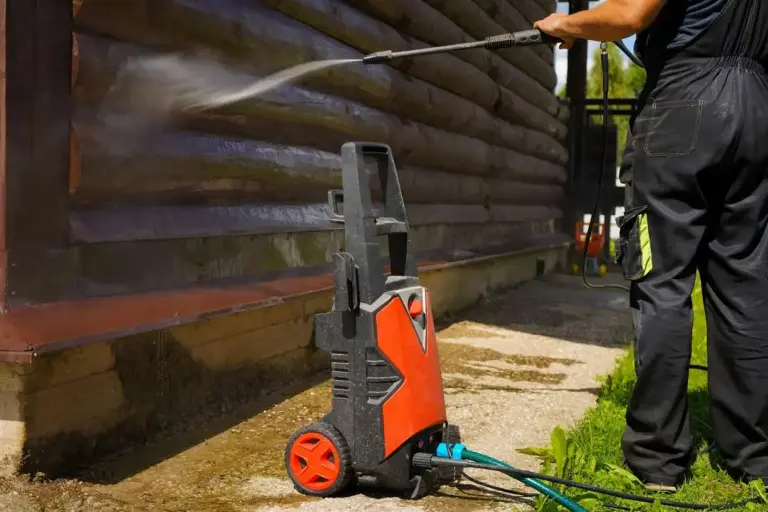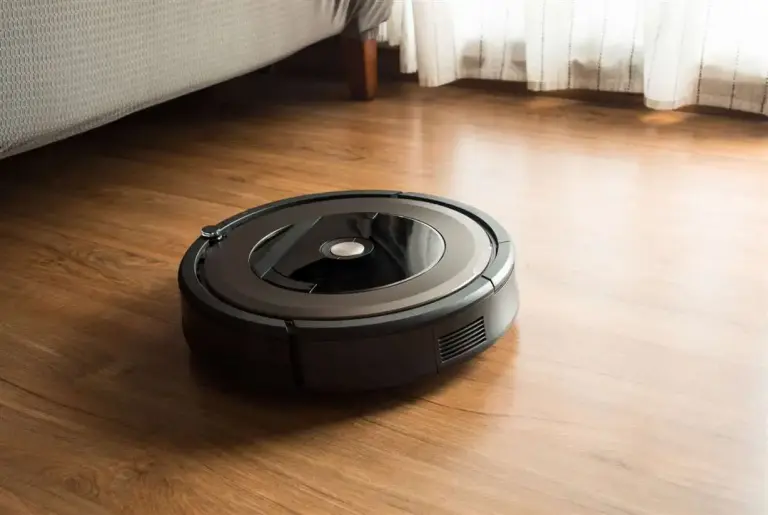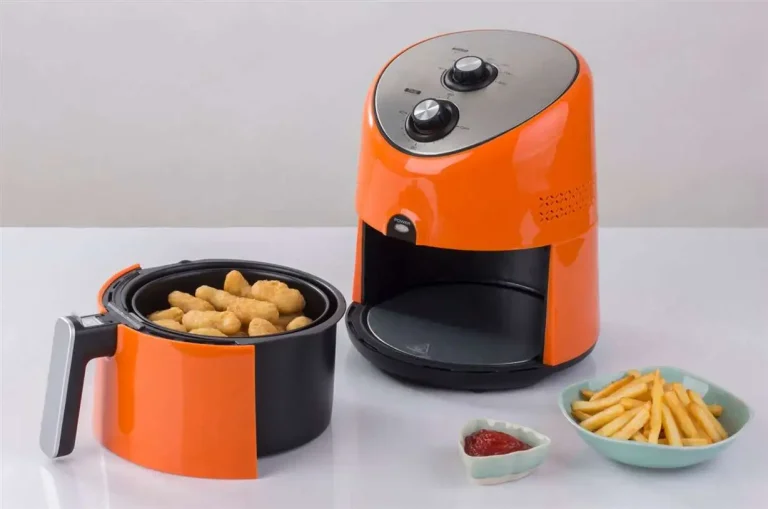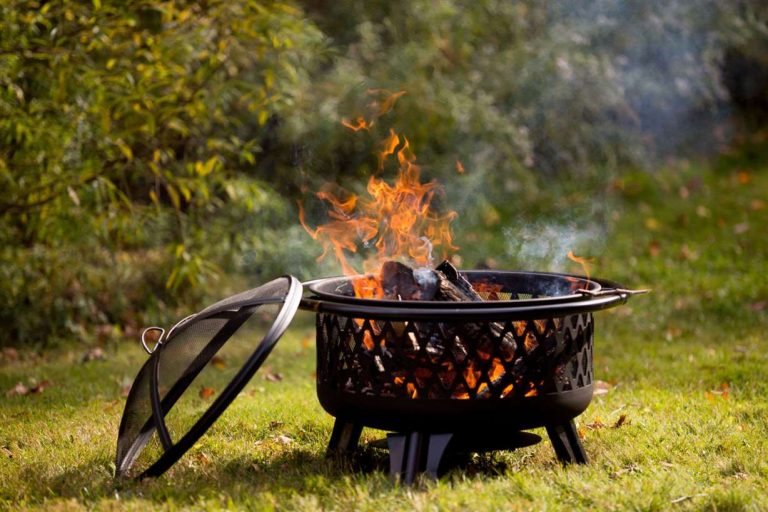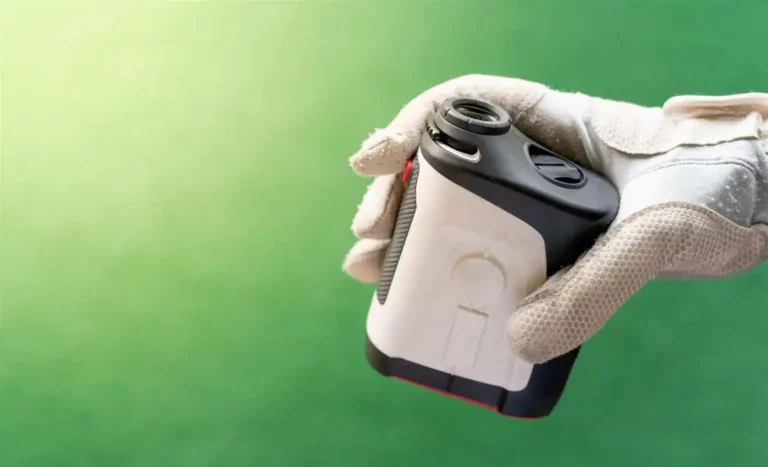Best Robotic Pool Cleaners
1 |  | View |
2 |  | View |
3 |  | View |
Robotic pool cleaners have revolutionized pool maintenance, offering homeowners an efficient and effortless way to keep their pools spotless. These automated devices scrub, vacuum, and filter pool water, making it easier than ever to maintain a clean swimming environment without spending hours doing it manually. In this guide, we review three of the best robotic pool cleaners on the market today: the Dolphin Nautilus CC Plus, Betta SE, and AIPER Scuba S1. Each of these models brings unique features, performance, and value, ensuring there’s an option for every type of pool owner.
1. Dolphin Nautilus CC Plus Review
The Dolphin Nautilus CC Plus stands out as one of the top robotic pool cleaners due to its impressive cleaning power and smart features. It’s designed to handle both in-ground and above-ground pools, and its advanced technology provides excellent performance in cleaning and water circulation.
Key Features:
-
Smart Navigation: Advanced algorithm that scans and maps the pool for optimal cleaning coverage.
-
Powerful Suction: Dual motors deliver strong suction, efficiently removing debris, leaves, and dirt.
-
Easy to Use: One-touch operation with a user-friendly interface.
-
Weekly Timer: Allows you to set up automatic cleaning schedules.
-
Filter Options: Comes with a fine mesh filter and a large capacity to collect debris.
-
Energy Efficient: Runs on low energy consumption, reducing power costs.
-
Convenient Swivel Cable: Tangle-free 60-foot cable prevents twisting and ensures smooth operation.
Pros:
-
Exceptional cleaning performance, especially for larger pools.
-
The easy-to-use, one-touch control makes it perfect for anyone who doesn’t want to deal with complex settings.
-
Weekly scheduler helps automate pool cleaning.
-
Strong filtration system that captures even the finest debris.
-
Suitable for all pool shapes and sizes, including complex pool layouts.
Cons:
-
A bit on the heavier side, making it slightly cumbersome to handle during cleaning or storage.
-
Somewhat expensive compared to other robotic cleaners.
-
The cord length may not be sufficient for very large pools.
2. Betta SE Review
The Betta SE is a great option for pool owners looking for a balance between affordability and performance. While it may not offer the premium features of higher-end models, it provides excellent value for smaller to medium-sized pools. With a sleek design and efficient cleaning capabilities, the Betta SE makes pool maintenance simple and hassle-free.
Key Features:
-
Lightweight and Compact Design: Easy to store and maneuver, especially for smaller pools.
-
Efficient Cleaning: Features dual-drive motors that clean the pool floor, walls, and waterline.
-
Quick Waterline Cleaning: Effectively cleans the pool’s waterline and hard-to-reach areas.
-
Easy-to-Clean Filter: The easy-access filter can be cleaned or replaced as needed.
-
Energy Efficient: Runs on low energy, offering great value without running up your electric bill.
Pros:
-
Lightweight and compact, making it ideal for smaller pools.
-
Great for cleaning waterlines and corners.
-
Affordable without sacrificing cleaning power.
-
Quiet operation, so you won’t be disturbed while it’s running.
Cons:
-
May not be ideal for larger pools, as it lacks some of the advanced features seen in premium models.
-
Can struggle with larger debris like small twigs or large leaves.
-
Limited programming options compared to more advanced cleaners.
3. AIPER Scuba S1 Review
The AIPER Scuba S1 is a solid, budget-friendly option for homeowners who need a reliable, no-fuss robotic pool cleaner. While it’s less expensive than premium models, it offers impressive performance for its price point, making it a fantastic choice for those looking for efficient pool cleaning without breaking the bank.
Key Features:
-
Cordless Operation: With its rechargeable battery, it operates completely cord-free for easy maneuverability.
-
Dual Motors: Equipped with dual motors for strong suction and efficient debris collection.
-
Waterproof Design: Fully submersible, making it safe and durable for long-term use.
-
Fast Cleaning Time: Cleans the entire pool floor in about 90 minutes.
-
Easy Maintenance: The removable filter basket is simple to clean and maintain.
-
Eco-Friendly: The cordless design ensures energy savings while reducing environmental impact.
Pros:
-
Cordless operation provides enhanced mobility and convenience.
-
Fast cleaning time, making it ideal for quick pool maintenance.
-
Easy to maintain, with an accessible and removable filter basket.
-
Affordable price point while still offering great performance.
-
Great for smaller to medium-sized pools.
Cons:
-
Limited to cleaning the pool floor only; it does not clean walls or waterline.
-
Battery life may need recharging after every cleaning session, especially for larger pools.
-
May not be suitable for pools with heavy debris or large leaves.
Conclusion
Choosing the best robotic pool cleaner ultimately depends on your pool size, budget, and the features you value most. Here’s a quick comparison:
| Robotic Pool Cleaner | Best For | Subscription | Key Strength |
|---|---|---|---|
| Dolphin Nautilus CC Plus | Large in-ground pools | No | Powerful suction and advanced navigation |
| Betta SE | Small to medium-sized pools | No | Budget-friendly, efficient cleaning |
| AIPER Scuba S1 | Smaller pools or budget-conscious buyers | No | Cordless, fast, and easy maintenance |
Each of these robotic pool cleaners offers something unique. Whether you want the advanced features of the Dolphin Nautilus CC Plus, the budget-friendly and compact design of the Betta SE, or the cordless convenience of the AIPER Scuba S1, there’s a smart choice for every pool owner looking to make pool maintenance simpler and more efficient.
